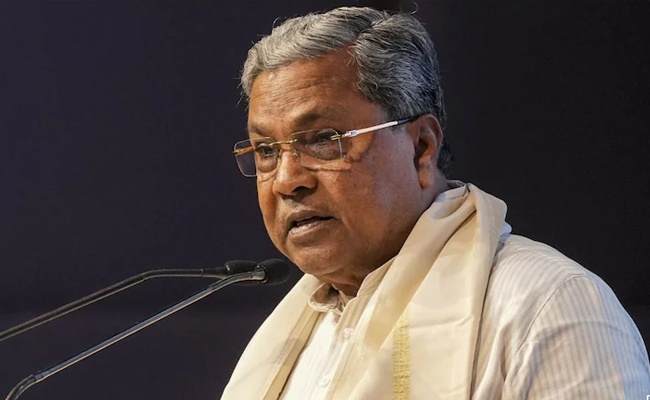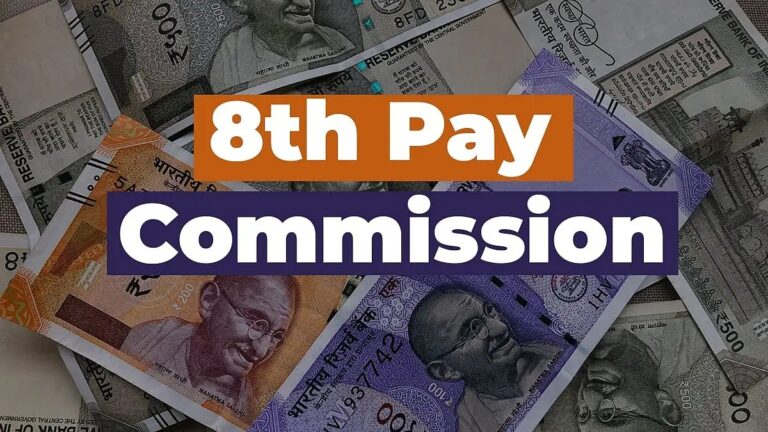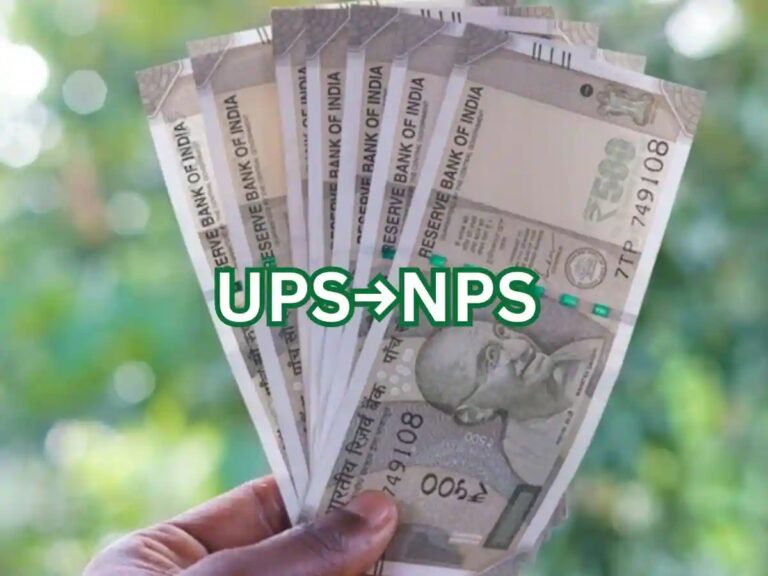
SIT Investigation and Chief Replacement
Karnataka Chief Minister Siddaramaiah has hinted at potential leadership changes in the Special Investigation Team (SIT) probing alleged mass burials in Dharmasthala. Senior IPS officer Pronab Mohanty, currently heading the SIT, may be replaced if he is assigned to central government duties. This follows revelations that Mohanty’s name appears in a list of officers eligible for federal appointments. Home Minister G Parameshwara clarified that no formal decision has been made regarding Mohanty’s replacement, emphasizing that the government prioritizes transparency in the probe. The SIT, established to investigate claims of decades-old crimes including alleged murders and sexual assaults, has faced scrutiny over its leadership dynamics. While Mohanty’s potential transfer to central government roles remains unconfirmed, the state administration has maintained that the investigation will proceed without political interference.
MUDA Scandal and Judicial Inquiry
Separately, the Karnataka government has initiated a judicial inquiry into alleged corruption in the Mysuru Urban Development Authority (MUDA). Retired High Court judge Justice P N Desai has been appointed as a single-member commission to investigate the site allocation scandal. The inquiry follows BJP allegations that Chief Minister Siddaramaiah’s wife, Parvathi, benefited from land deals. Siddaramaiah dismissed these claims, asserting that MUDA illegally seized his wife’s property and compensated them with alternative plots. The commission’s findings, yet to be disclosed publicly, could reshape perceptions of governance in the state. Both cases highlight the government’s dual focus on addressing historical crimes and modern-day corruption allegations.
Complainant Testimonies and Exhumation Efforts
A former sanitation worker, whose identity remains confidential, has alleged involvement in burying bodies in Dharmasthala between 1995 and 2014. The witness claims to have handled remains of women and minors, some showing signs of sexual assault. This testimony, presented to a magistrate, has intensified scrutiny of the SIT’s investigation. The team, comprising senior police officials and forensic experts, is conducting exhumations at locations identified by the complainant. The process, which involves meticulous documentation and evidence collection, aims to uncover truths about the alleged crimes. The state government has emphasized that the probe will remain independent, with officials urged to maintain transparency throughout the investigation.
Political Dynamics and Government Transparency
Home Minister Parameshwara has refuted claims that the SIT’s leadership changes are politically motivated, asserting that the government’s sole objective is to uncover the truth. He criticized misinformation surrounding the case, stating that the probe’s integrity must not be compromised by unfounded speculation. The administration has reiterated its commitment to a transparent process, with officials tasked to handle the investigation without external pressures. Meanwhile, the MUDA inquiry underscores the state’s efforts to address systemic corruption. Both cases reflect a broader narrative of accountability, as authorities navigate complex legal and political landscapes to resolve allegations of wrongdoing. Public trust in the process will depend on the clarity and impartiality of the outcomes.
Operational Structure and Investigative Scope
The SIT’s operational framework includes a multidisciplinary team of 20 police personnel from Udupi, Dakshina Kannada, and Uttara Kannada districts, ensuring regional expertise in the investigation. The team’s focus on exhumation and forensic analysis highlights the technical challenges of uncovering historical crimes. The involvement of senior IPS officers like M N Anucheth and Soumyalatha S K underscores the gravity of the case. As the probe progresses, the state government has maintained that all evidence will be scrutinized rigorously. The dual investigations into Dharmasthala and MUDA exemplify Karnataka’s efforts to address both past injustices and present governance issues, with the public closely following developments for clarity and accountability.



